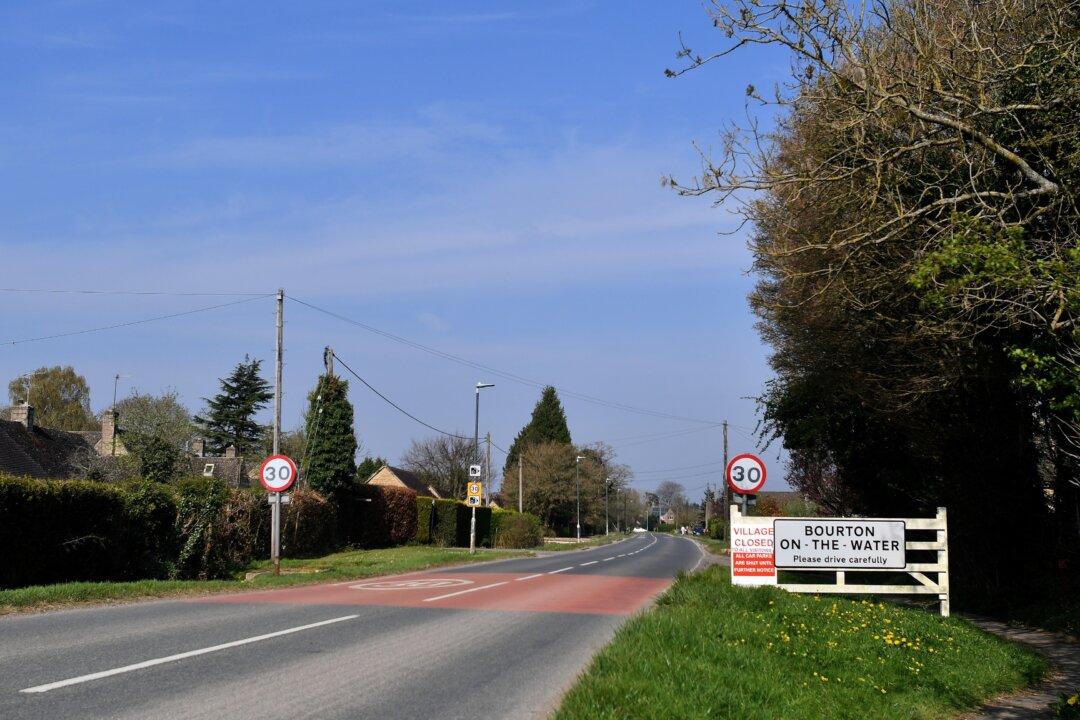Over a quarter of British male drivers have admitted to driving over 100 mph, more than three times the rate of female drivers, according to a new survey.
Road safety charity Brake published the survey results on Monday to mark this year’s Road Safety Week campaign, which is themed “No Need To Speed.”





